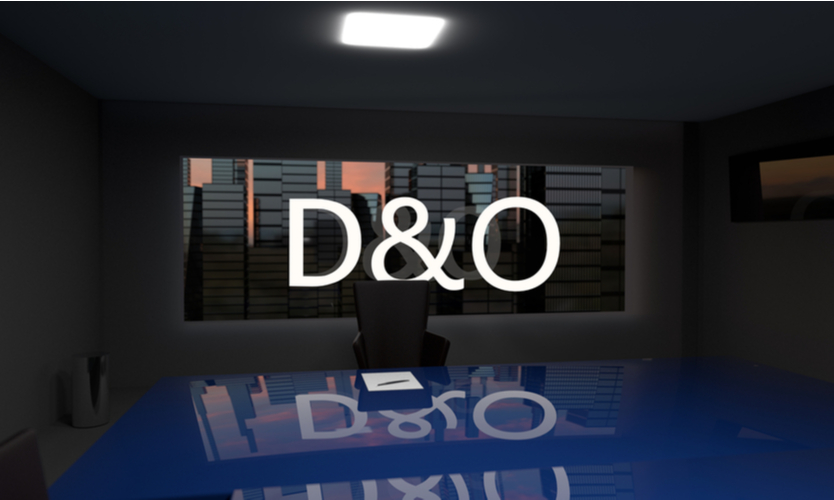A Delaware state court judge said Friday that Harman International Industries Inc.’s primary and excess directors and officers liability insurers must cover a $28 million securities settlement, finding a “bump-up” exclusion does not apply.
Bạn đang xem: Delaware judge says D&O insurers must cover Samsung unit’s settlement
New Castle County Superior Court Judge Paul R. Wallace said in Harman International Industries Inc. v. Illinois National Insurance Co. et al. that the settlement was covered because the amount did not represent an increase in the cost of Samsung Electronics America Inc.’s March 2017 acquisition of Harman.
Xem thêm : It could be right now)
“This is a monumental win for policyholders and vindicates their entitlement to D&O coverage for settlements of bread-and-butter lawsuits arising from common M&A transactions,” New York-based Orrie Levy, a partner at Cohen Ziffer Frenchman & McKenna LLP who represents Harman, said in an emailed statement.
The judge said the decision to settle the underlying July 2017 securities class action was to avoid the costs of further litigation, not for “bumping up” the transaction’s value.
The “bump-up” exclusion was also inapplicable because the class action plaintiffs, led by Patricia Baum, could not seek damages for inadequate deal price for alleged violations of Section 14(a) and Section 20(a) of the Securities Exchange Act of 1934.
Xem thêm : Sunny Hostin and husband fight insurance fraud claims
Harman and Samsung announced in November 2016 that they planned to merge. At the time of the announcement, Harman had primary and excess D&O? policies from American International Group Inc. unit Illinois National Insurance Co., Chubb Ltd. unit Federal Insurance Co. and W.R. Berkeley unit Berkeley Insurance Co.
As part of the “reverse triangle” merger, Samsung subsidiary Silk Delaware Inc. was created and merged with Harman, which then merged with Samsung. The securities class-action plaintiffs accused Harman of issuing a materially false and misleading proxy statement in order to land shareholder support for an undervalued acquisition, court records show.
Harman later settled the suit and sought coverage from its insurers. The insurers denied coverage, prompting Harman’s lawsuit.
Representatives for the insurers did not respond to requests for comment.

